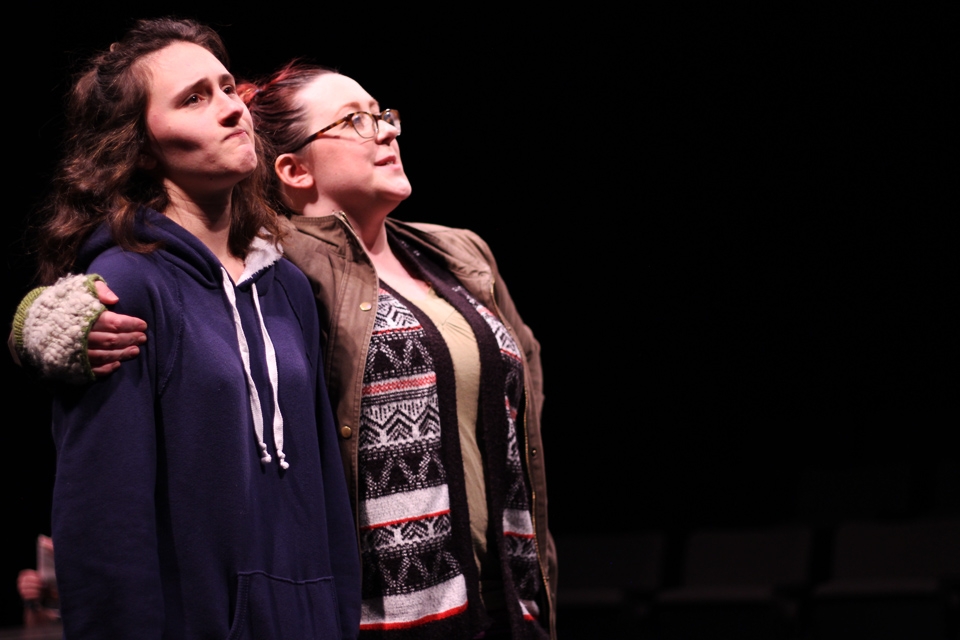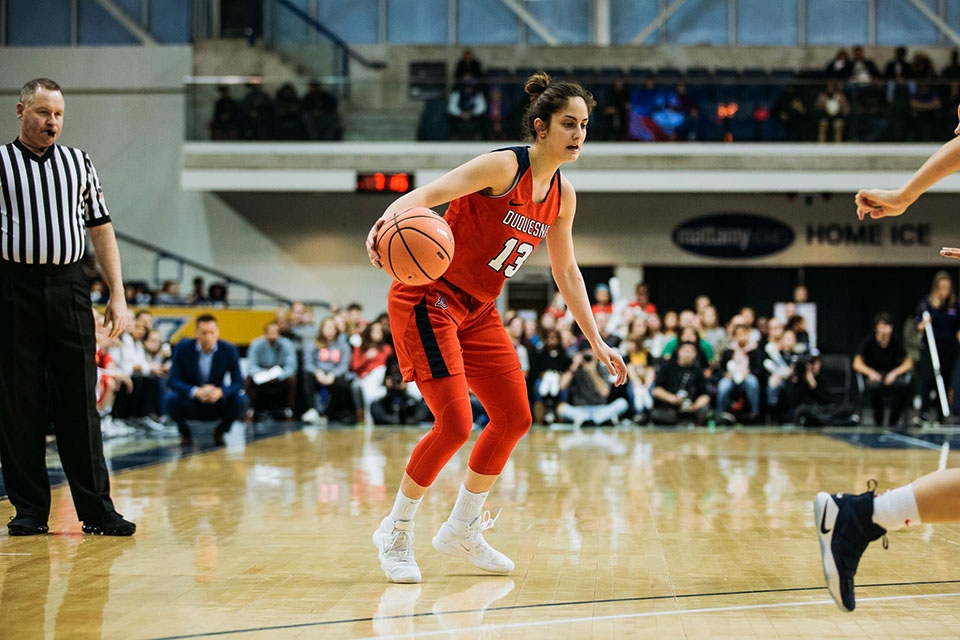By Julian Routh | News Editor
Duquesne University officials said this week they are awaiting a ruling from the National Labor Relations Board before making any changes to the part-time faculty system, a source of controversy since the death of a former adjunct French teacher.
Timothy Austin, provost and vice-president for academic affairs, said the administration is not commenting on issues surrounding the adjunct faculty union or initiatives to address adjunct treatment until the NLRB renders a ruling on whether the University is exempt from recognizing the new union.
In an emailed statement to The Duke, Austin said, “Because a decision on Duquesne’s appeal of a ruling by the National Labor Relations Board is still pending, we aren’t commenting further at this time.”
Union officials have sought to keep up pressure on the University since the September death of former adjunct instructor Margaret Mary Vojtko. Friends and family said she died nearly penniless months after the school told her she would not be returning.
Adjunct Faculty Association of the United Steelworkers member Joshua Zelesnick started an online petition on CredoMobilize in September asking University administration to recognize the union and “bargain a fair contract in good faith.” The petition has accumulated over 17,000 signatures.
Vojtko’s death went viral online and “galvanized” adjuncts across the nation to strive for better treatment, said Maria Maisto, president of the New Faculty Majority, a national advocacy group that promotes better treatment of part-time faculty.
“I think that what they see in her story is a reflection of either their current reality or future, and it’s disturbing,” Maisto said. “It’s making adjuncts realize that we need to do something.”
The administration and union have been awaiting the NLRB ruling for over a year, adjunct English instructor Robin Sowards said. Adjuncts contend that a union-backed collective bargaining agreement will wrest better working conditions including higher pay and possible benefit options.
Duquesne rejected voluntary recognition of the union in May 2012. After a NLRB-sponsored election, the University filed a motion claiming they were exempt from the jurisdiction of the NLRB based on religious grounds, according to Sowards.
The administration and union are still waiting on the ruling, which has been delayed by the recent government shutdown.
Without the ruling, the administration can still recognize the union in order to “open up a line of communication between the two parties” to better address problems, Sowards said.
The first problem, Sowards said, is that adjuncts are paid $3,500 per course with a maximum of two courses per academic year and are not given health care or retirement benefits.
Another problem is the University’s “refusal” to hire full time faculty, according to Sowards. The 2013 Duquesne Fact Book’s statistics show that there are 485 part-time instructors, making up 50 percent of faculty.
“Fundamentally, it undermines our ability to do our job,” Sowards said. “If I have a student who wants to meet with me, there are days of the week and times of the day I cannot meet with them.”
Part-time instructors taught 31.2 percent of the total credits in McAnulty College and Graduate School of Liberal Arts last year, according to Dean James Swindal. There were 111 part-time and 159 full-time professors last year in the college, he said.
“[Part-time professors] are a significant and important part of our teaching mission in the college,” Swindal said.
Swindal declined to comment further on the treatment of adjuncts until the NLRB’s ruling.




